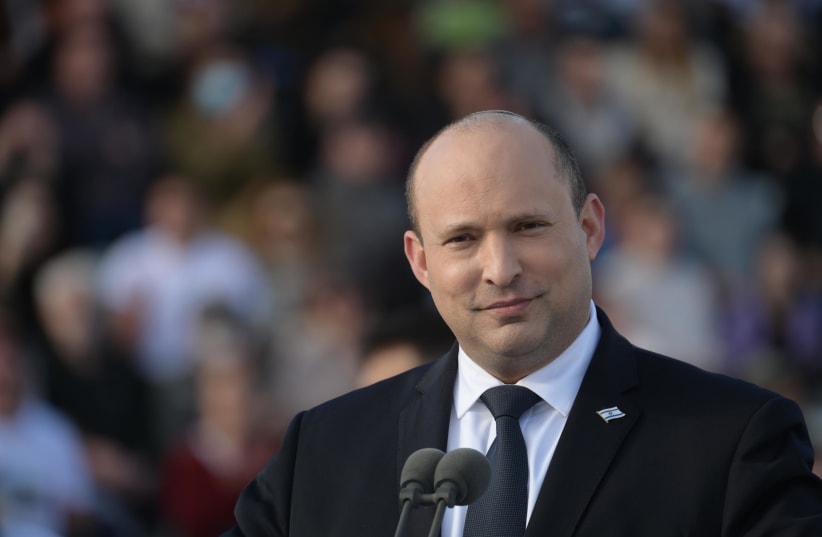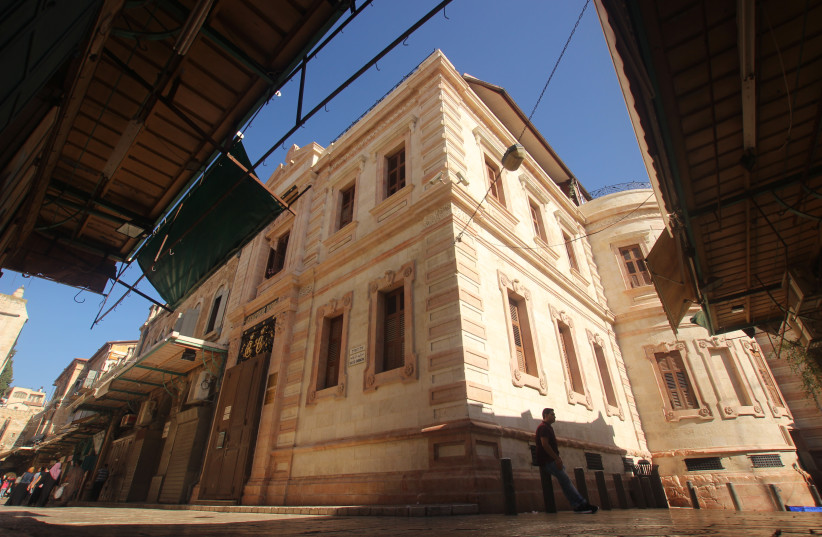Jerusalem District Court Judge Mordechai Kaduri’s decision was announced on Thursday in which he sent a radioactive hot-potato dispute over a Russian church in Jerusalem to Prime Minister Naftali Bennett to sort out as Moscow’s war on Ukraine rages on.
In October 2020, then-prime minister Benjamin Netanyahu took various administrative maneuvers to please Russian President Vladimir Putin on the issue in gratitude or in payment for the release of Naama Issachar.
Issachar was a young Israeli arrested in transit in Moscow for allegedly smuggling 10 grams of hashish and had been sentenced to seven-and-a-half years in prison as part of a separate dispute about how the two countries were handling certain transnational criminal cases.
To assist Putin, Netanyahu decided that the dispute between different Christian sects over ownership of the Alexander Courtyard church belonged in the category of “holy sites.”
According to British Mandate law, such religious disputes could not be resolved in a court of law, and Netanyahu’s move led Israel’s inspector in charge of land registry to register the Russian government as the owner of Alexander’s Courtyard.
Lawyers Shay Gimelstein, Ilan Golod and Israel Klein of S. Horowitz & Co. appealed on behalf of the Orthodox Palestine Society of the Holy Land, which previously owned the church, to the court to step in spite of Netanyahu’s earlier determination.
The Jerusalem District Court ruling did not ratify the Orthodox Palestine Society of the Holy Land’s claims, but it did say that the government of Israel must affirmatively decide the issue and that a mere registrar was not authorized to do so.
Put differently, if Netanyahu had tried to not formally decide but sidestep the courts and use the registrar to achieve what Putin wanted, the court said that there needed to be a formal government decision.
Though Bennett had nothing to do with this deal, he now leads the government and that means the issue is in his court.
Reports indicate that Bennett is aware of the issue and has had a committee studying it since July 2021, but it appears the committee had taken no action hoping they would never have to.
Now, Bennett will probably have to weigh in on the issue, but the timing could not be worse for Israel, which is already worried that Putin may limit its freedom of operations against Iranians in Syria to show anger at Jerusalem for criticizing his war on Ukraine.
It would be unsurprising if Bennett continues to delay deciding the issue at least until the Ukraine and Syria dynamics become more stable.
Also, it was unclear what kind of deadline there would be on Bennett to decide.

